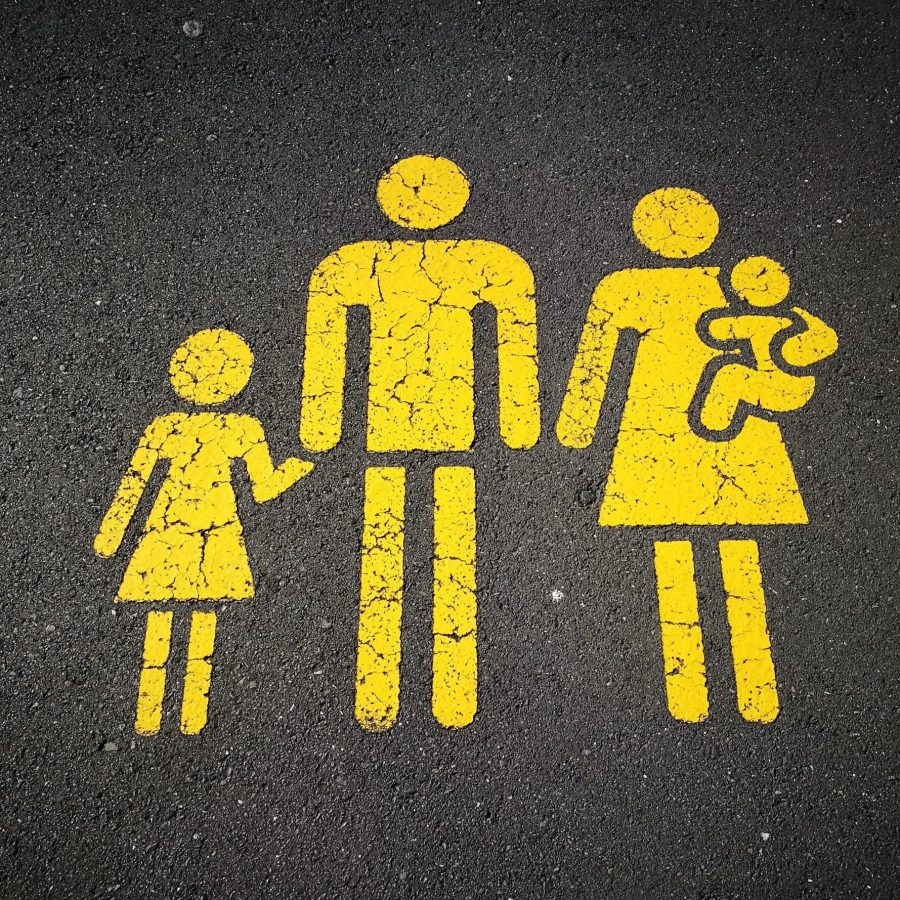Is there a political gender gap amongst young Germans?
But as it turns out, “least likely” is actually “not deterministically likely, but very likely”. The authors find substantial differences in the socialisation of young men and women, which are linked to rather dramatic differences in internal efficacy and self esteem. They also uncover evidence that men benefit more from factors that contribute to political activity, particularly in institutional settings. Intriguing, depressing, hardly surprising.
Pfanzelt, H., & Spies, D. C. (2019). The Gender Gap in Youth Political Participation: Evidence from Germany. Political Research Quarterly, 72(1), 34–48. http://dx.doi.org/10.1177/1065912918775249
What we liked

What we did not like so much
Discover more from kai arzheimer
Subscribe to get the latest posts sent to your email.



😳